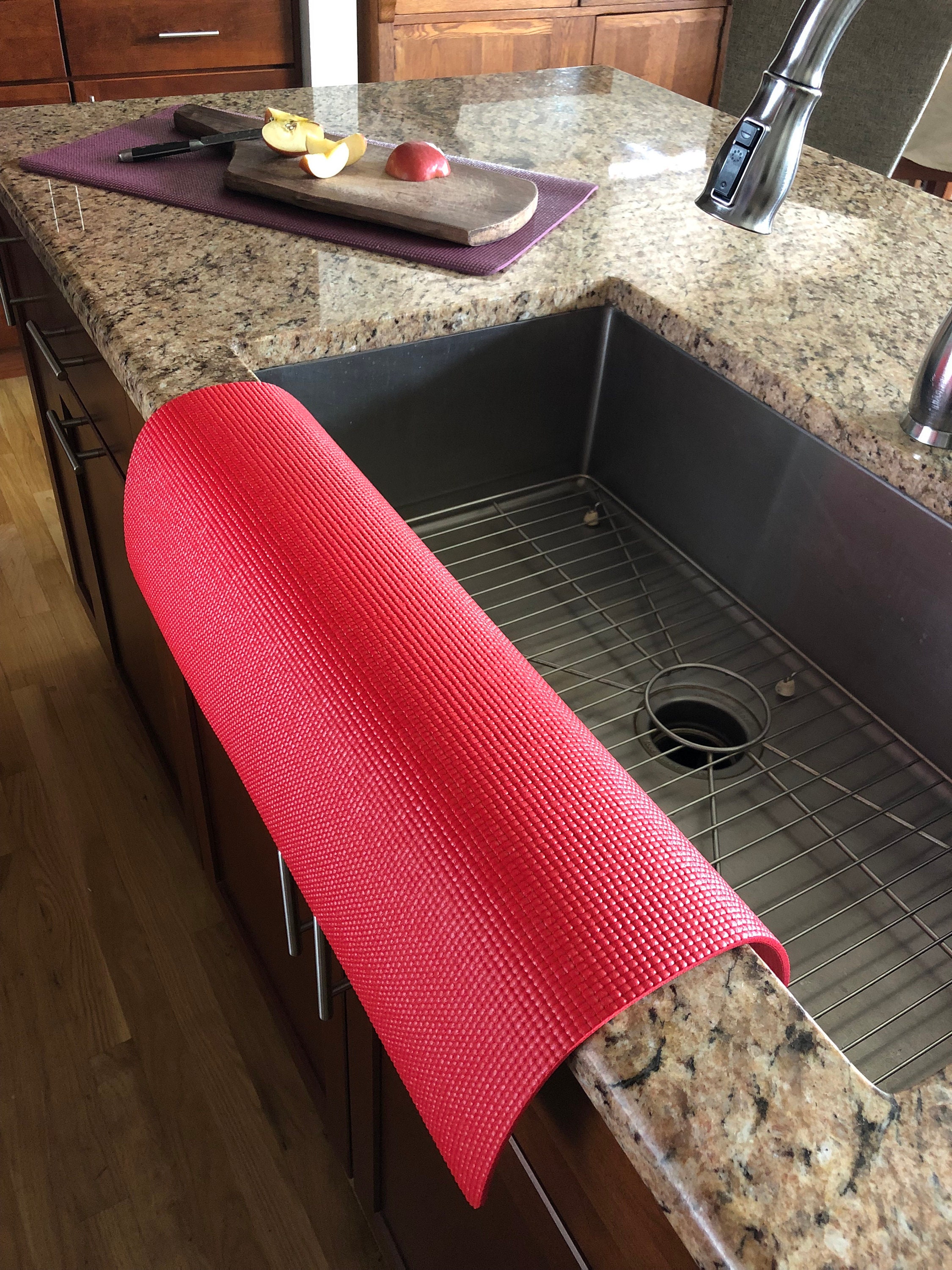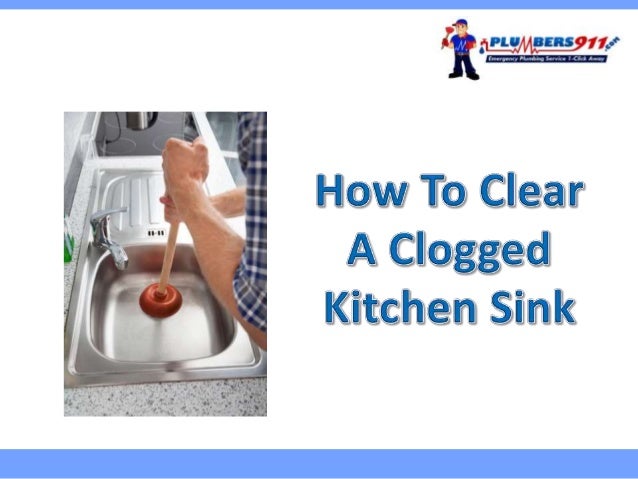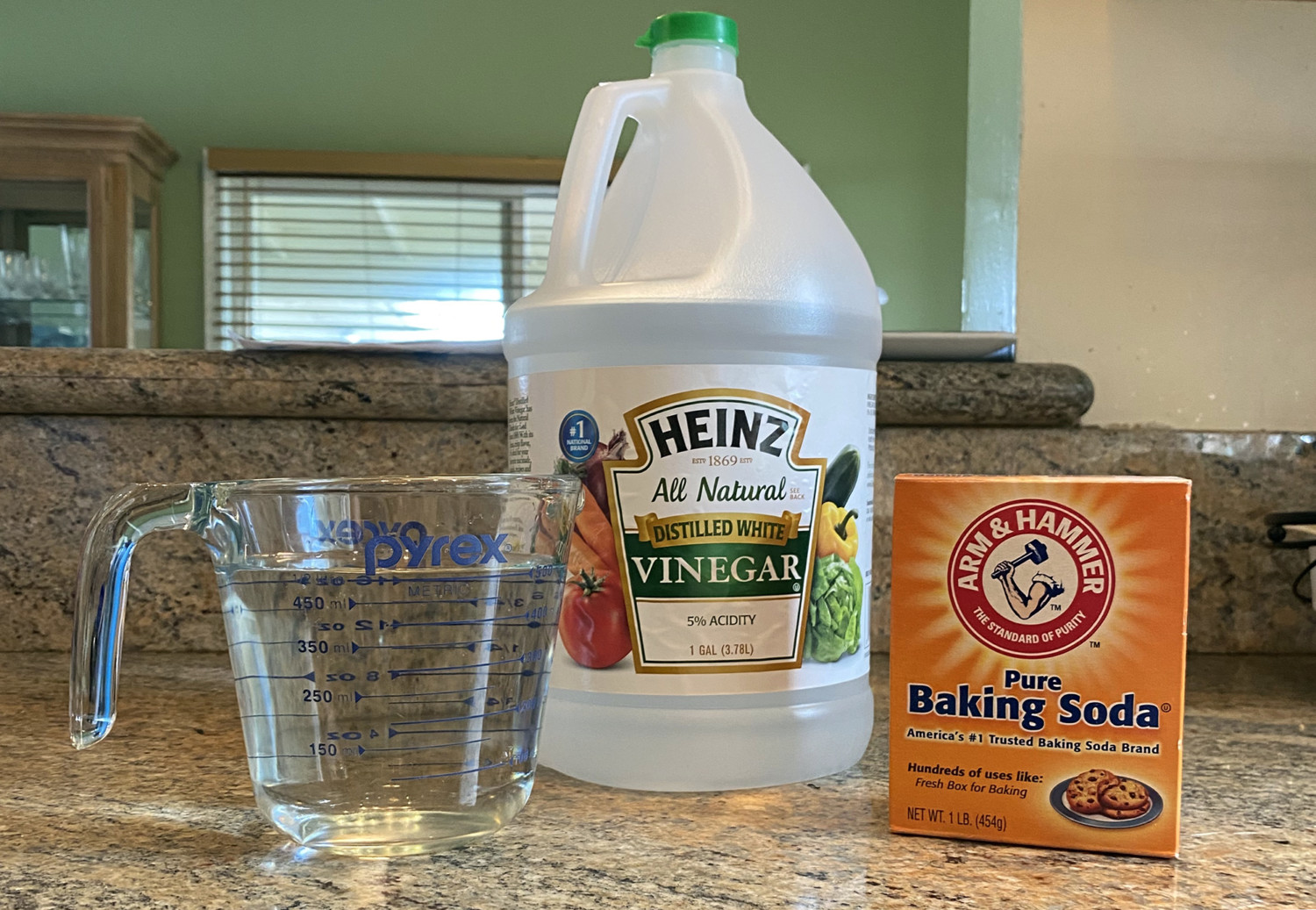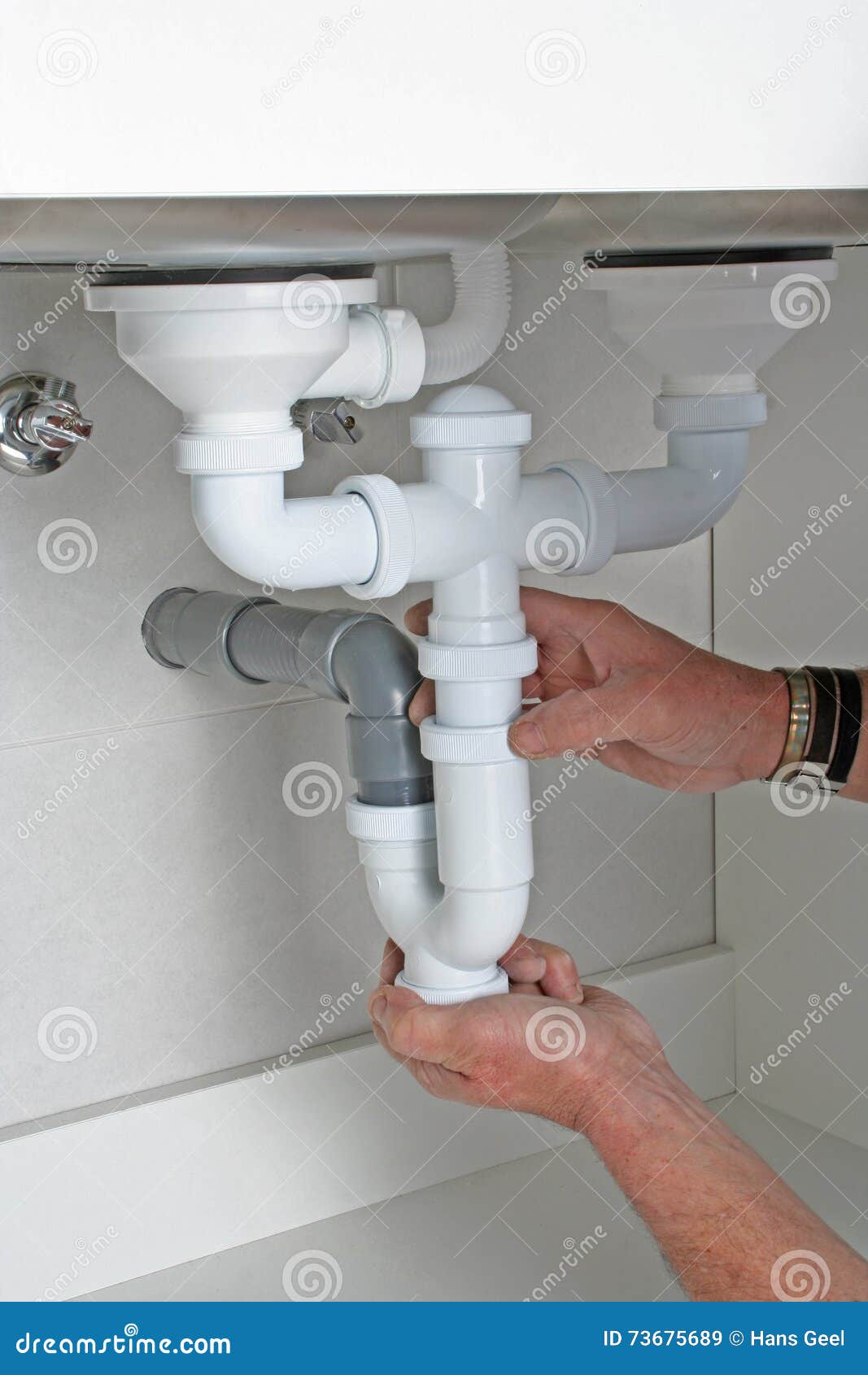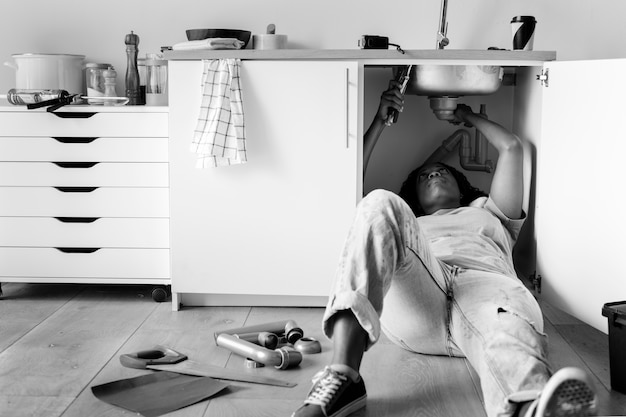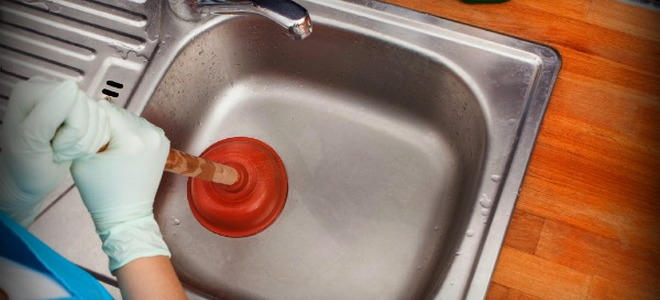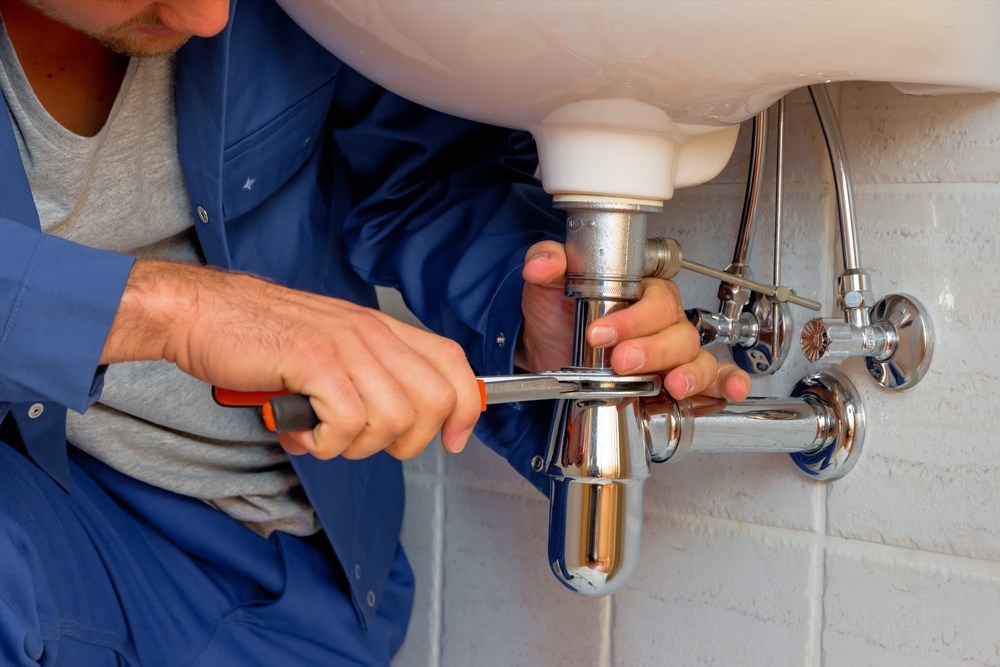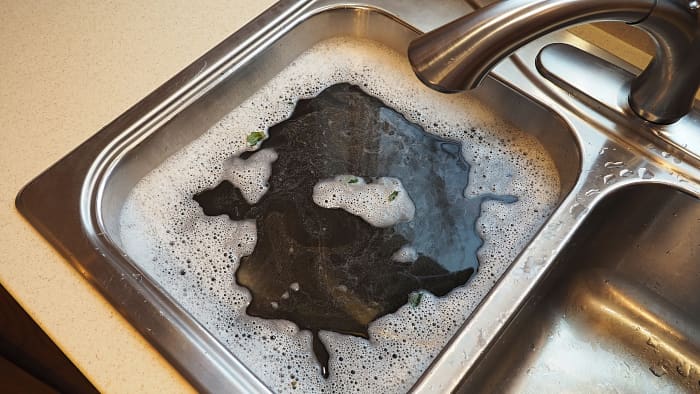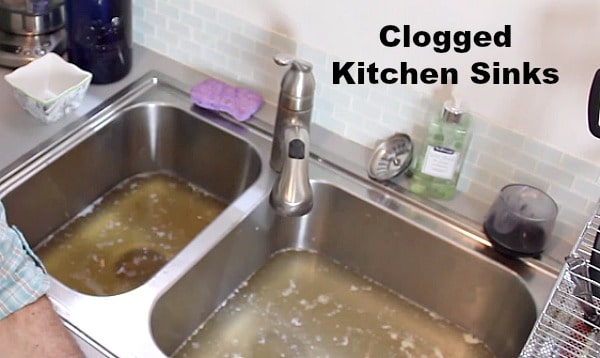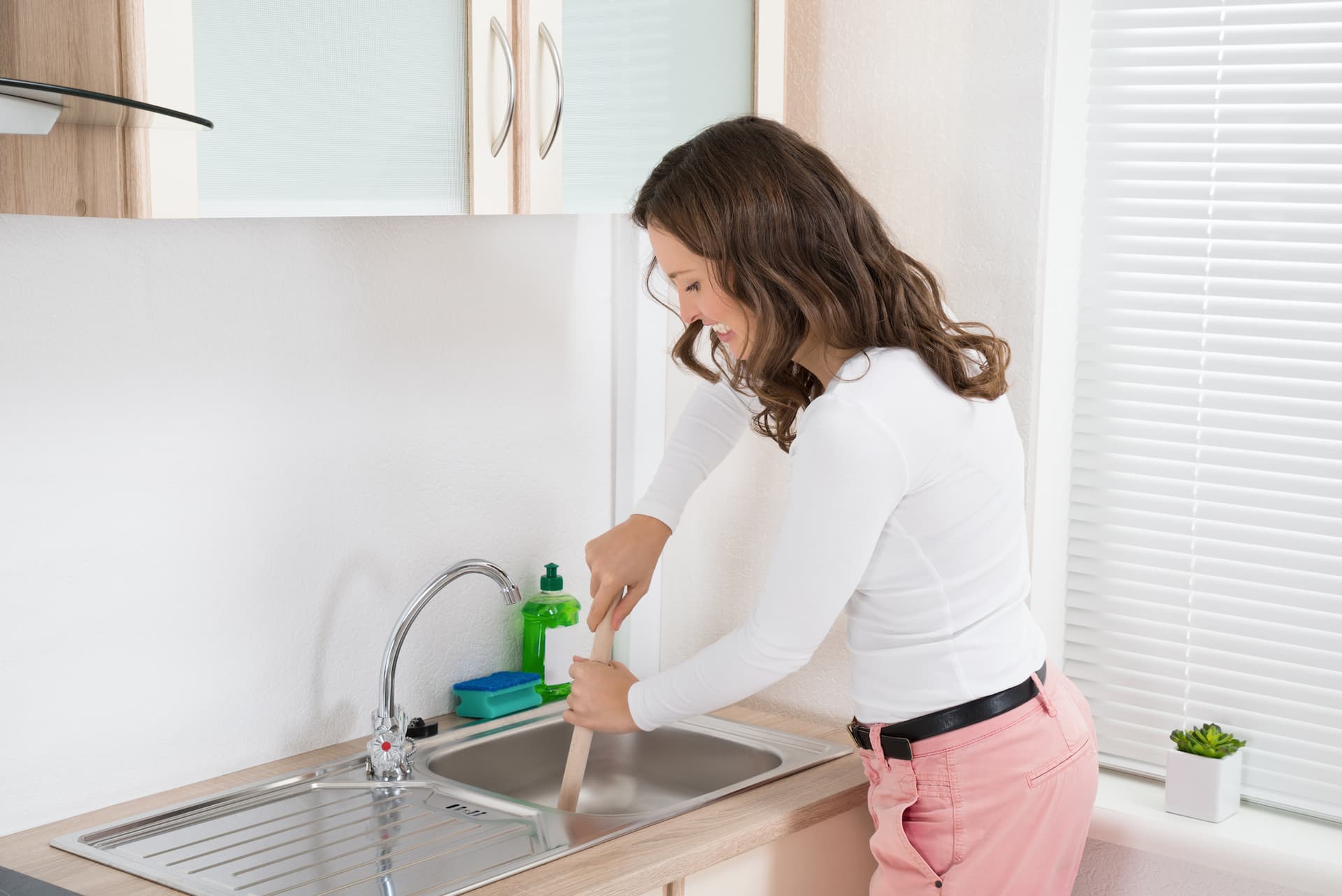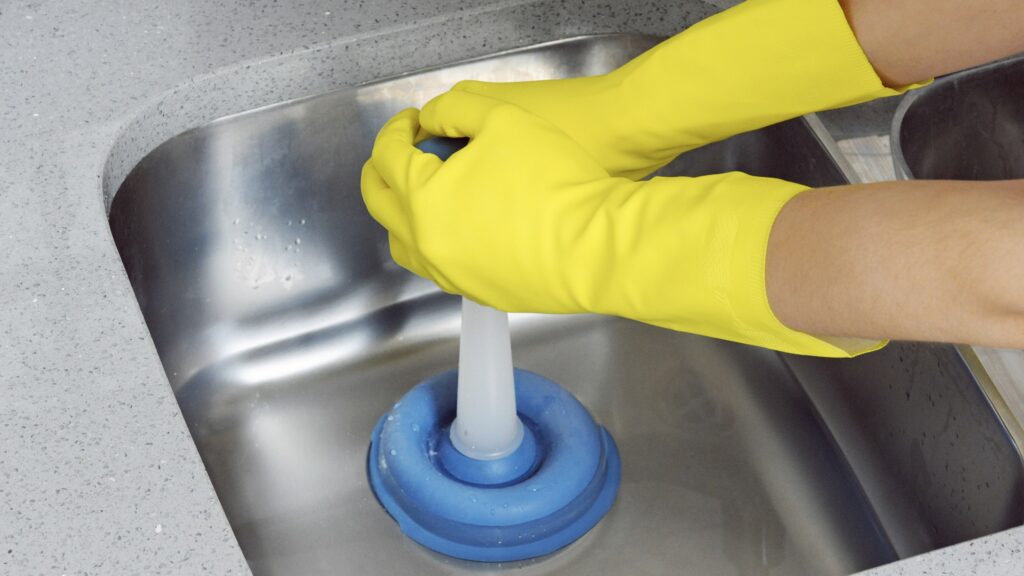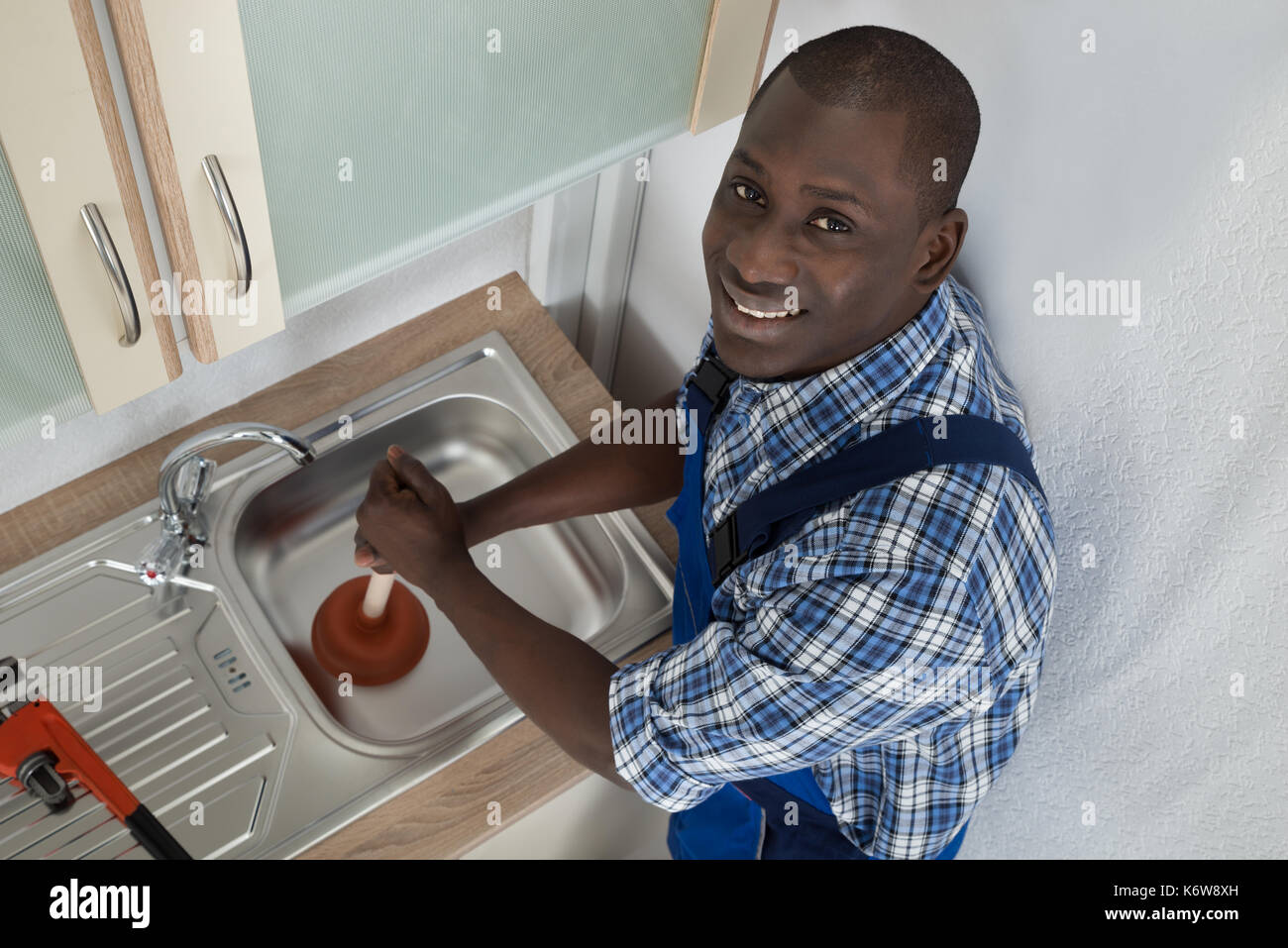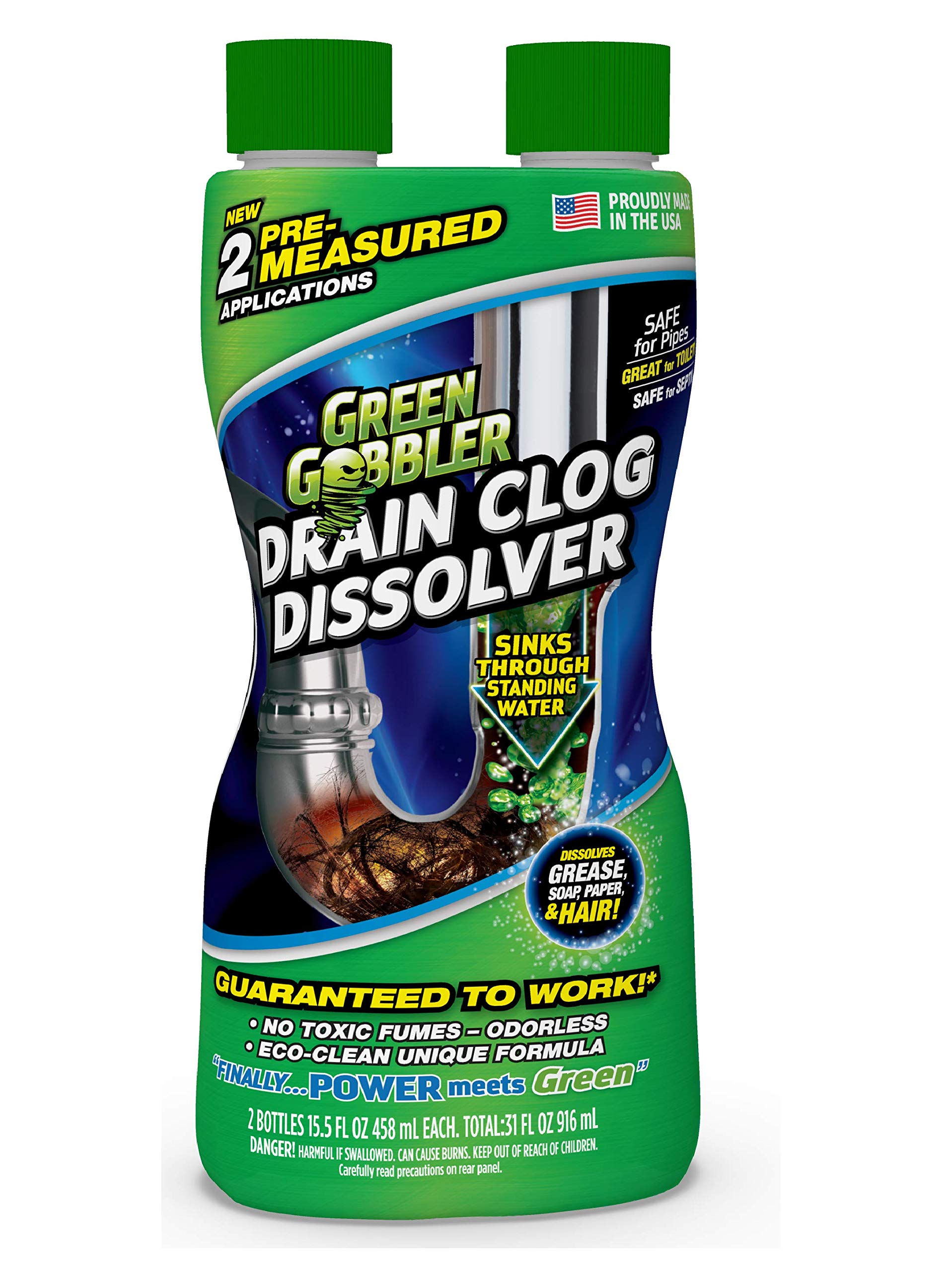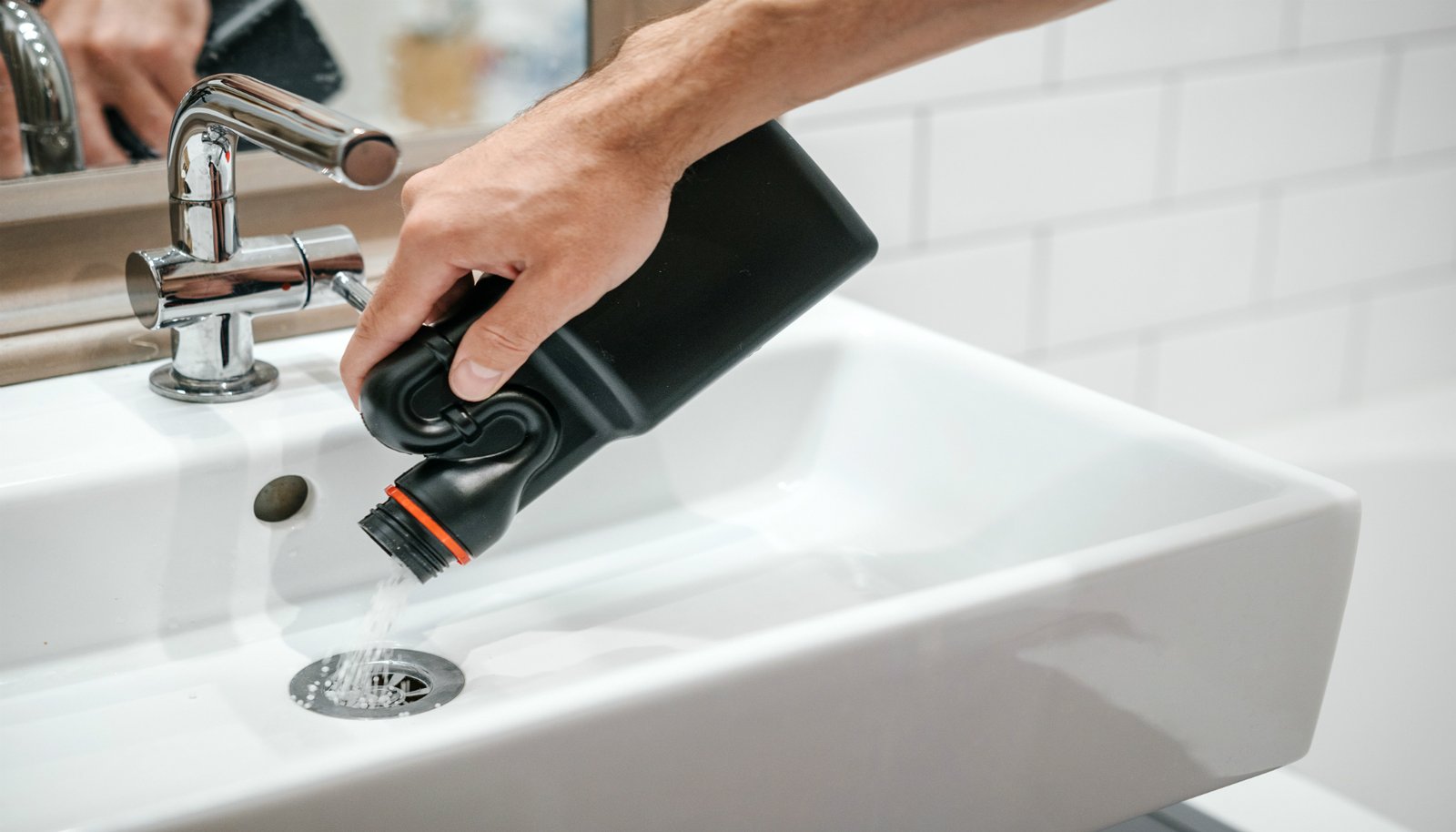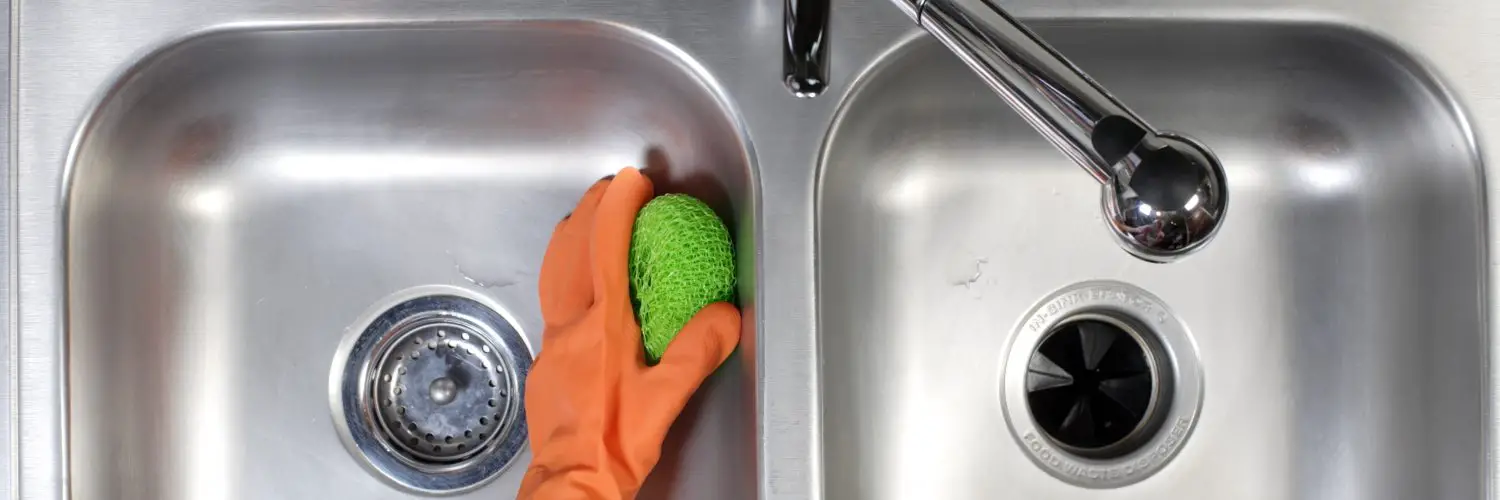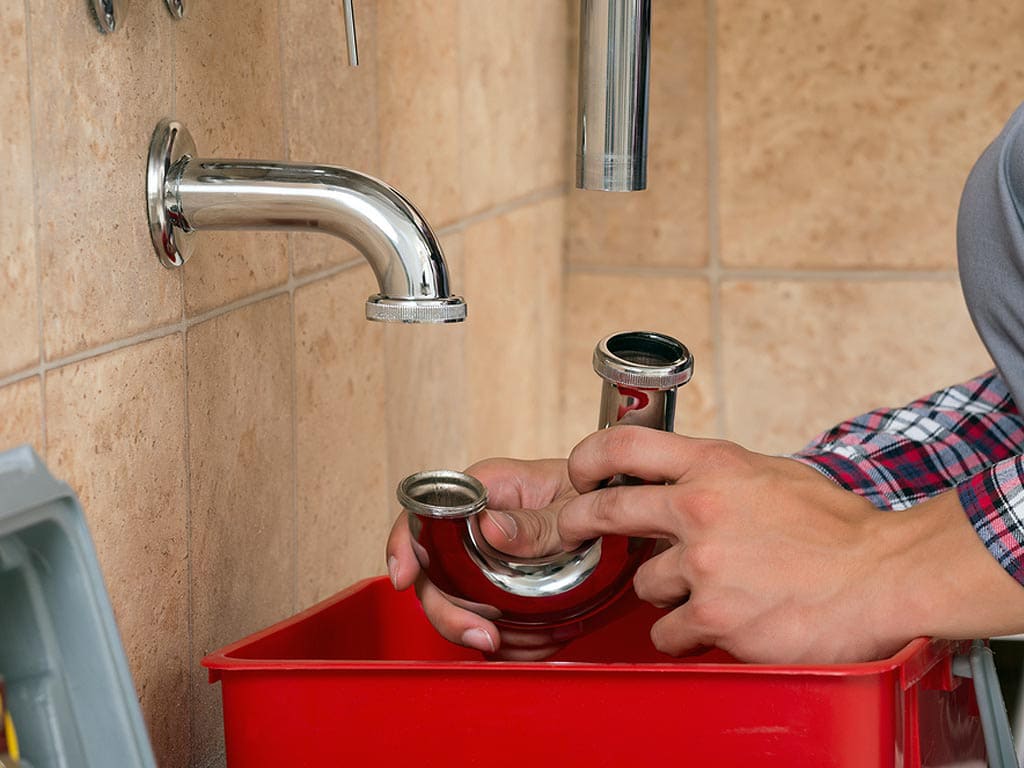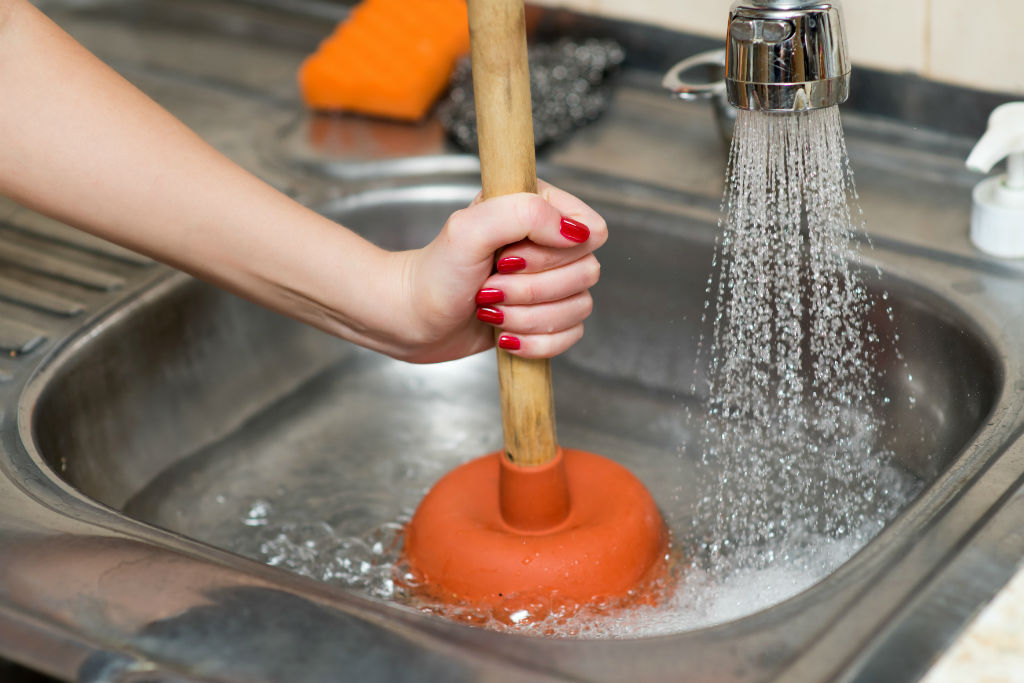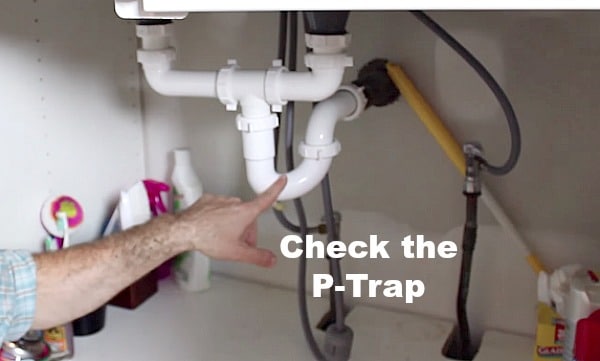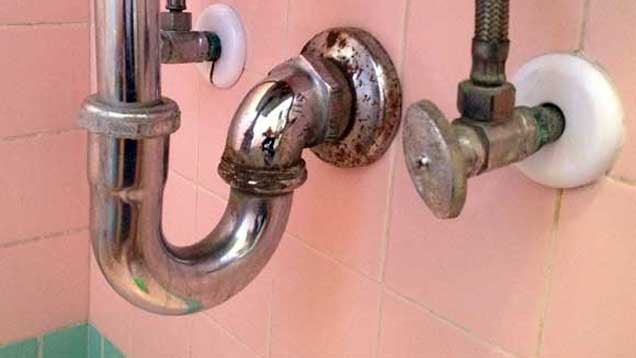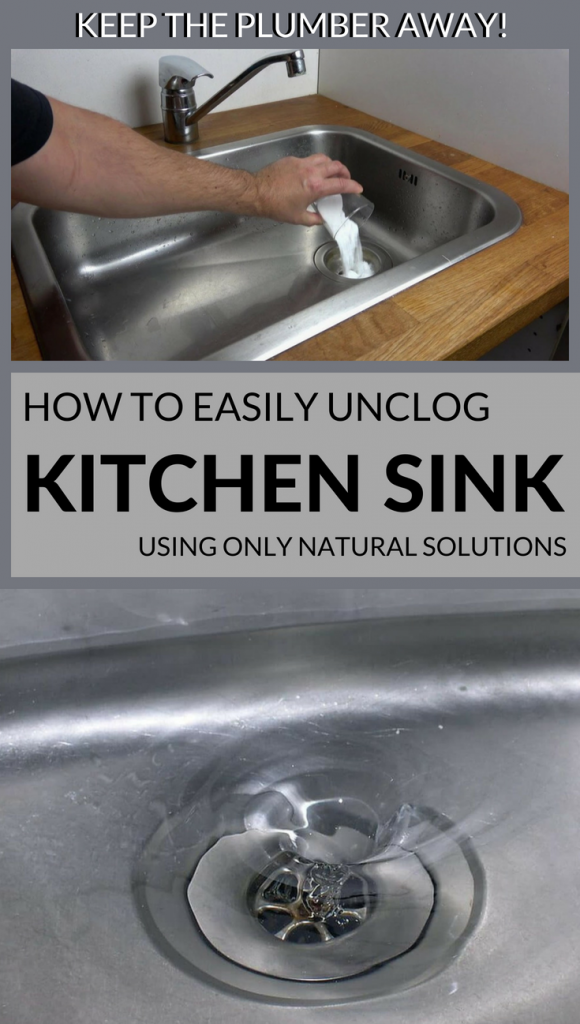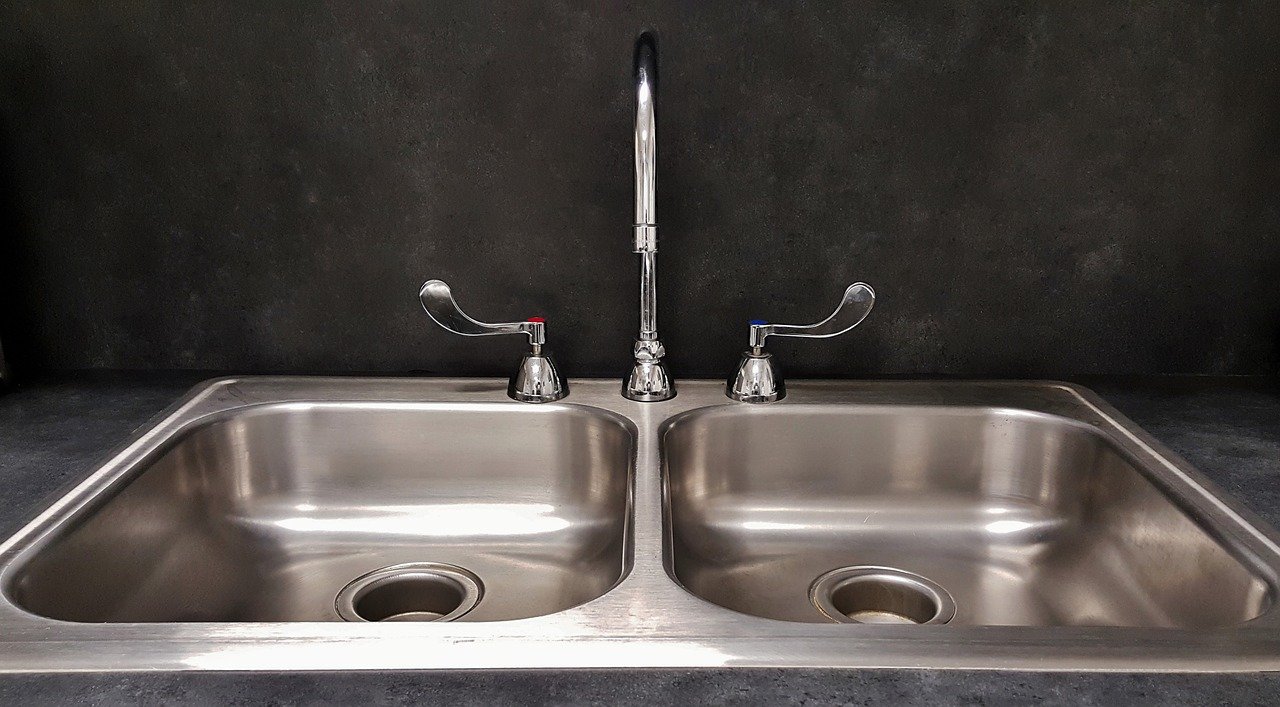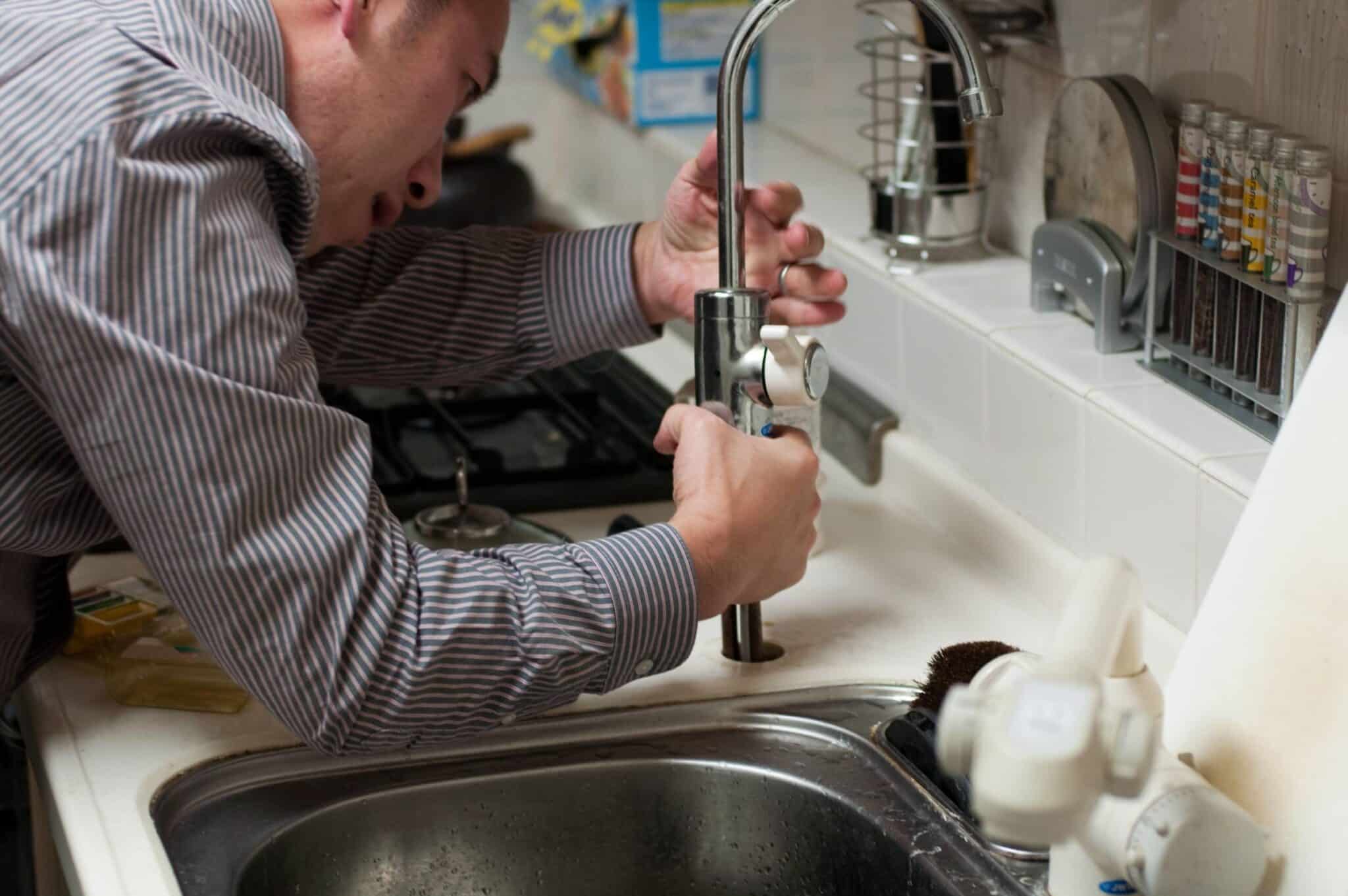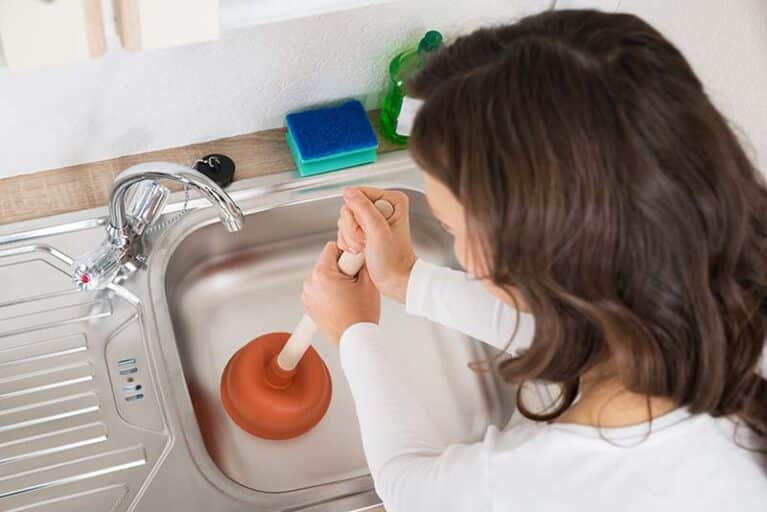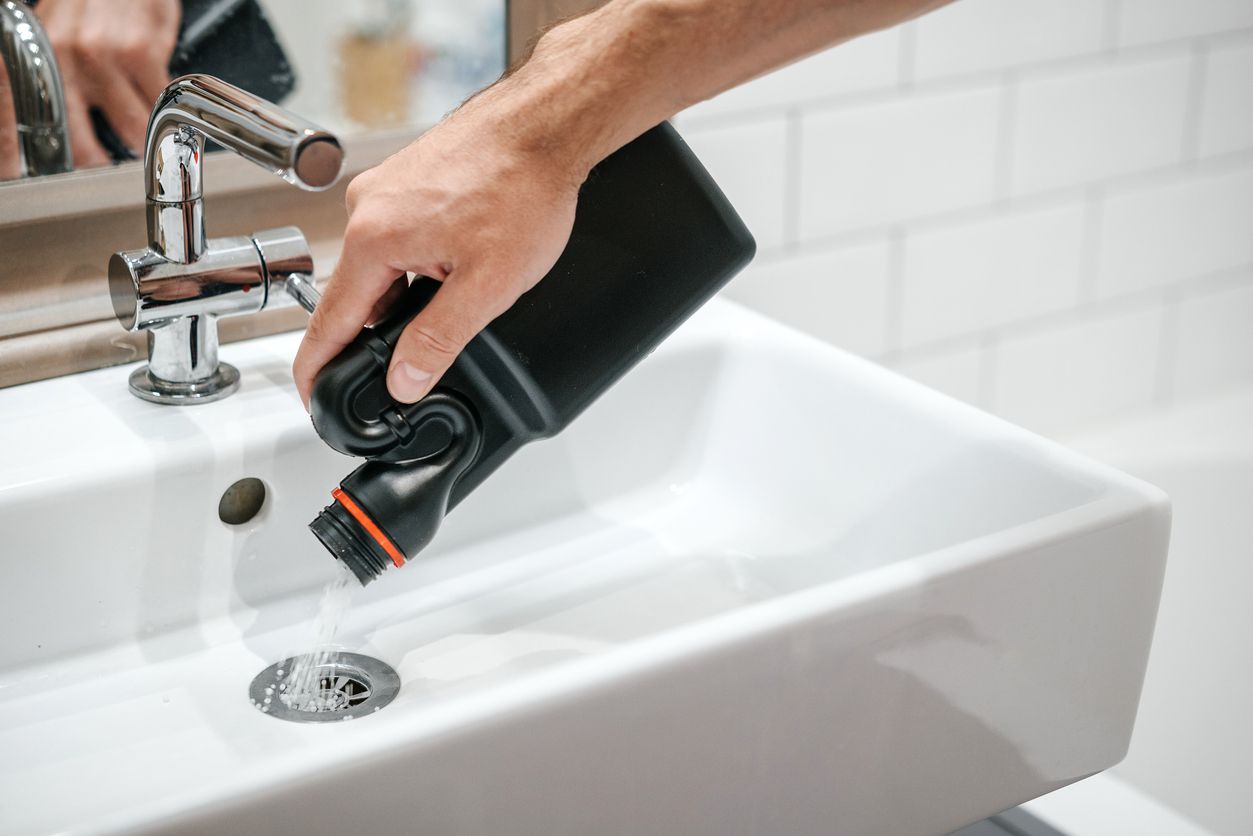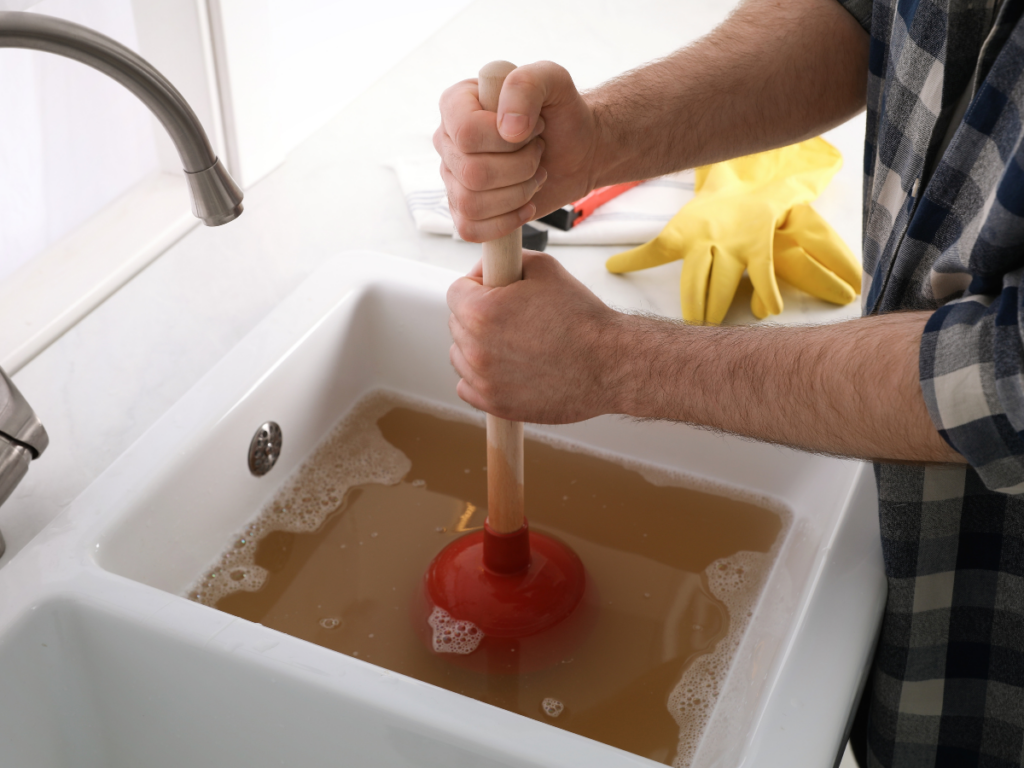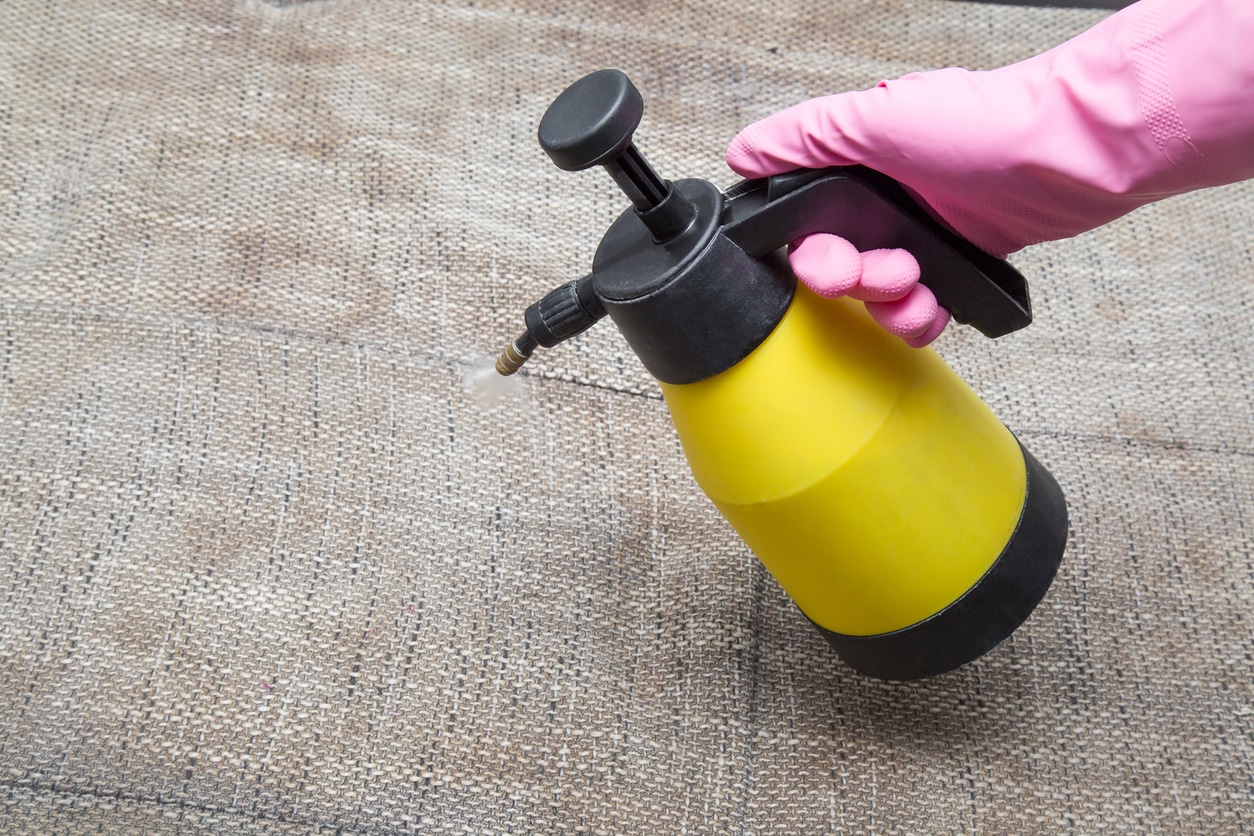Kitchen sink clogs are a common household problem that can be both frustrating and inconvenient. Often caused by a buildup of grease, food particles, and other debris, a clogged kitchen sink can disrupt your daily routine and lead to unpleasant odors and potential damage to your plumbing system. However, with the right tools and techniques, you can easily unclog your kitchen sink and get things back to normal in no time.Unclog a Kitchen Sink
If you notice that your kitchen sink is draining slowly or not draining at all, it's important to take action right away to prevent the clog from getting worse. The first step is to remove any standing water from the sink using a bucket or large container. Next, try using a plunger to loosen and dislodge the clog. Place the plunger over the drain and push down firmly, then pull up quickly to create suction. Repeat this motion several times until the water begins to drain.How to Clear a Clogged Kitchen Sink
For minor clogs, you can try using a DIY remedy to clear your kitchen sink. One popular method is to pour a mixture of boiling water and baking soda down the drain, followed by a cup of vinegar. The chemical reaction between the two ingredients can help break down the clog. After a few minutes, pour more hot water down the drain to flush out any remaining debris.DIY Kitchen Sink Clog Remedy
If the plunger and DIY methods are not successful in unclogging your kitchen sink, you may need to use a plumbing snake or auger. These tools are designed to reach deep into the drain and break up stubborn clogs. Insert the snake into the drain and turn the handle clockwise to push it further into the pipes. Once you feel resistance, continue turning the handle while pulling the snake out to dislodge the clog.Fixing a Clogged Kitchen Sink
To prevent future clogs in your kitchen sink, there are a few simple steps you can take. First, avoid pouring grease or oil down the drain, as it can solidify and cause a blockage. Also, make sure to scrape off food scraps into the garbage before washing dishes. Using a drain strainer can also help catch any food particles that may accidentally go down the drain. Regularly pouring hot water down the drain can also help prevent buildup and keep your pipes clear.Kitchen Sink Clog Prevention Tips
If you're dealing with a stubborn clog in your kitchen sink, a plunger may be your best bet. This common household tool can create suction and pressure to break up clogs and allow water to flow freely again. Make sure to use a plunger specifically designed for sinks, as they have a flat bottom that creates a better seal over the drain.Using a Plunger to Unclog a Kitchen Sink
Chemical drain cleaners can be a quick and easy solution for unclogging a kitchen sink, but they should be used with caution. These products contain harsh chemicals that can damage your pipes and potentially harm the environment. If you do decide to use a chemical drain cleaner, make sure to follow the instructions carefully and wear protective gloves and eyewear.Chemical Drain Cleaners for Kitchen Sink Clogs
If you still can't seem to clear your kitchen sink clog, you may need to remove and clean the P-trap. This U-shaped pipe is located under the sink and can often become clogged with debris. First, place a bucket or container under the P-trap to catch any water that may spill out. Then, use a wrench to loosen the nuts and remove the P-trap. Clean it with hot water and a brush to remove any buildup, then reattach it and run water to see if the clog has been cleared.Removing and Cleaning the P-trap to Clear a Kitchen Sink Clog
If you prefer to use natural ingredients in your home, there are a few remedies you can try to unclog your kitchen sink. One option is to pour a cup of salt down the drain, followed by boiling water. You can also try a mixture of salt, baking soda, and vinegar to break up the clog. Another natural remedy is to pour a cup of lemon juice down the drain and let it sit for a few minutes before rinsing with hot water.Natural Remedies for a Clogged Kitchen Sink
If all else fails, it may be time to call in a professional plumber to unclog your kitchen sink. They have the experience and tools necessary to tackle even the most stubborn clogs and can help ensure that your plumbing system is functioning properly. Additionally, a plumber can provide valuable tips for preventing future clogs in your kitchen sink. In conclusion, a clogged kitchen sink can cause major disruptions in your daily routine. However, with the right methods and preventative measures, you can easily clear and prevent clogs in your kitchen sink. Whether you choose to use DIY remedies or call in a professional, taking action as soon as you notice a clog can help you avoid costly repairs and keep your kitchen running smoothly.Calling a Professional Plumber for a Stubborn Kitchen Sink Clog
Preventing Clogs in Your Kitchen Sink

Why it's Important to Keep Your Kitchen Sink Clear
 Kitchen sinks are an essential part of any household, and they serve as the main hub for all of your cooking and cleaning needs. However, they are also one of the most common areas for clogs to occur. A clogged kitchen sink can be a major inconvenience, leading to slow drainage, foul odors, and even potential damage to your pipes. That's why it's crucial to take preventative measures to keep your kitchen sink clear and avoid any potential clogs.
Kitchen sinks are an essential part of any household, and they serve as the main hub for all of your cooking and cleaning needs. However, they are also one of the most common areas for clogs to occur. A clogged kitchen sink can be a major inconvenience, leading to slow drainage, foul odors, and even potential damage to your pipes. That's why it's crucial to take preventative measures to keep your kitchen sink clear and avoid any potential clogs.
The Common Culprits of Kitchen Sink Clogs
 Before we discuss how to prevent clogs, it's essential to understand what causes them. The main culprits of kitchen sink clogs are food scraps, cooking oils, and grease. These items can easily get stuck in your pipes and build up over time, leading to blockages. Other common causes of clogs include soap residue, coffee grounds, and even small objects accidentally dropped down the drain.
Before we discuss how to prevent clogs, it's essential to understand what causes them. The main culprits of kitchen sink clogs are food scraps, cooking oils, and grease. These items can easily get stuck in your pipes and build up over time, leading to blockages. Other common causes of clogs include soap residue, coffee grounds, and even small objects accidentally dropped down the drain.
Tips for Preventing Clogs in Your Kitchen Sink
 Fortunately, there are several simple steps you can take to prevent clogs in your kitchen sink. The first and most important step is to be mindful of what you put down the drain. Avoid dumping food scraps, oils, and grease down the sink and instead, dispose of them in the trash. You can also use a sink strainer to catch any small particles that may accidentally go down the drain.
Regularly cleaning your sink is also crucial in preventing clogs. Use a mixture of hot water and dish soap to flush out any buildup in your pipes. Additionally, once a month, pour boiling water down your drain to help break up any accumulated debris.
Fortunately, there are several simple steps you can take to prevent clogs in your kitchen sink. The first and most important step is to be mindful of what you put down the drain. Avoid dumping food scraps, oils, and grease down the sink and instead, dispose of them in the trash. You can also use a sink strainer to catch any small particles that may accidentally go down the drain.
Regularly cleaning your sink is also crucial in preventing clogs. Use a mixture of hot water and dish soap to flush out any buildup in your pipes. Additionally, once a month, pour boiling water down your drain to help break up any accumulated debris.
Invest in a Garbage Disposal
 If you don't already have one, consider investing in a garbage disposal. These devices are designed to grind up food scraps and other small particles, preventing them from clogging your pipes. Just be sure to read the manufacturer's instructions and only dispose of approved items in the disposal.
If you don't already have one, consider investing in a garbage disposal. These devices are designed to grind up food scraps and other small particles, preventing them from clogging your pipes. Just be sure to read the manufacturer's instructions and only dispose of approved items in the disposal.
Conclusion
 Taking preventative measures and being mindful of what goes down your kitchen sink can go a long way in keeping it clear and functioning properly. By following these tips, you can avoid the inconvenience and potential damage of a clogged kitchen sink. Remember, regular maintenance is key to keeping your pipes flowing smoothly.
Taking preventative measures and being mindful of what goes down your kitchen sink can go a long way in keeping it clear and functioning properly. By following these tips, you can avoid the inconvenience and potential damage of a clogged kitchen sink. Remember, regular maintenance is key to keeping your pipes flowing smoothly.
/plumber-unclogging-kitchen-sink-169270382-5797a9355f9b58461f27f024.jpg)





:max_bytes(150000):strip_icc()/how-to-unclog-a-kitchen-sink-2718799_sketch_FINAL-8c5caa805a69493ab22dfb537c72a1b7.png)


